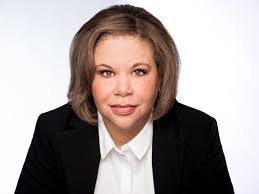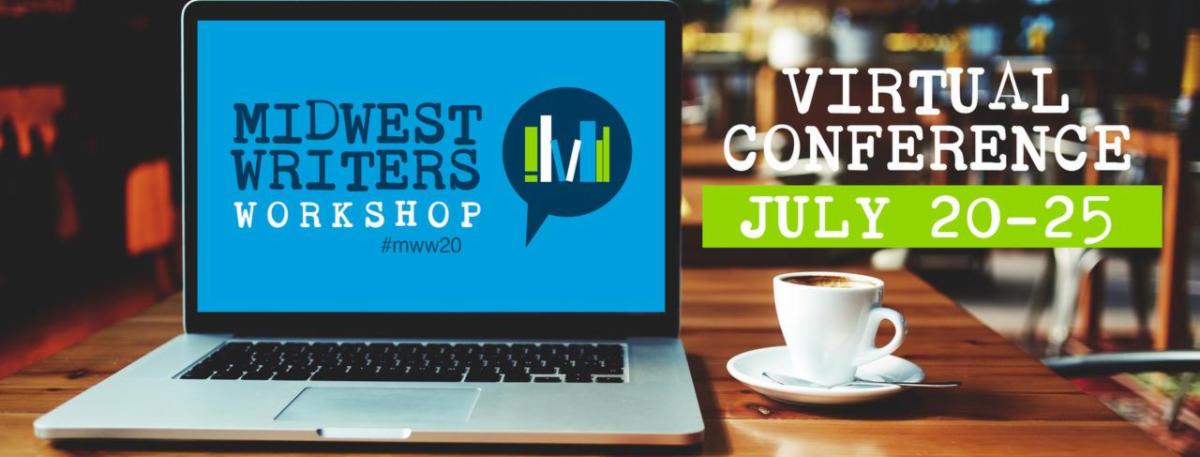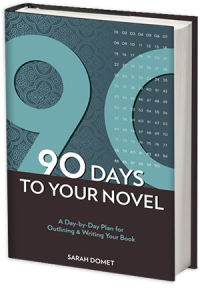Meet award-winning author Tracy Clark
 Tracy Clark is the author of the Cass Raines PI series. The series, set in Chicago, features ex-homicide cop turned PI Cassandra Raines, a hard-driving African-American gumshoe who works the mean streets of the Windy City dodging cops, cons, killers and thugs.
Tracy Clark is the author of the Cass Raines PI series. The series, set in Chicago, features ex-homicide cop turned PI Cassandra Raines, a hard-driving African-American gumshoe who works the mean streets of the Windy City dodging cops, cons, killers and thugs.
Her debut novel, Broken Places, made Library Journal’s list of the Best Crime Fiction of 2018 and was shortlisted in the mystery category on the American Library Association’s 2019 Reading List. CrimeReads also named Cass Raines Best New PI of 2018. The novel also received a starred review from Publishers Weekly, a rave from Kirkus Review, and was nominated for a Lefty Award for Best Debut Novel, an Anthony Award for Best Debut Novel, and a Shamus Award for Best First PI Novel.
Her second Cass Raines novel, Borrowed Time, released in May 2019. Book three, What You Don’t See, recently released in May 2020.
A native Chicagoan, Tracy roots for the Cubs, the Sox, the Bears, the Blackhawks, the Chicago Shy and the Chicago Fire equally. She is member of Sisters in Crime and Sisters in Crime Chicagoland, Mystery Writers of America Midwest and International Thriller Writers. She is also a member of the Bouchercon National Board and secretary of her MWA local chapter.
- Listening to The Voices In Your Head: about developing characters, main and secondary. Fleshing them out, giving them distinctive characteristics.
- Panel: Outliner and Pantser? [Tracy Clark, Sarah Domet, Sarah Aronson, Moderator: Angela Jackson-Brown]
- Nailing the First Page
- Crafting Dynamic Dialogue
- Panel: What No One Tells You About the Writing Life, But Should
Stephen Terrell, a member of the Midwest Writers Workshop Board of Directors, caught up with Tracy recently and interviewed her for this Q&A.
MWW: Your first novel in the Cassandra Raines detective series was nominated for an Anthony, a Lefty Award and a Shamus Award for first novel. One of your topics at MWW2020 is “Listening to the Voices in Your Head” and developing characters. How did your character of Cassandra Raines come about? You’ve now written three books in the series. Has Cassandra changed from your initial concept, or was she fully formed in your head at creation?
MWW: Your stories are set in your hometown of Chicago (“Go Cubs”). How do you go about making your Chicago setting come alive for readers?
MWW: Dialog is so important in your writing. You are teaching a class on “Crafting Dynamic Dialog.” What are the key points people listening to your presentation will be able to learn about improving their dialog?
MWW: You are speaking on “Nailing the First Page,” which I think is one of the toughest tasks a writer faces. How do you know when you get it “write” or when you still need to re-write?
Join Tracy and the MWW Community to help you move forward with your stories!
Register for Virtual MWW20 here today!




